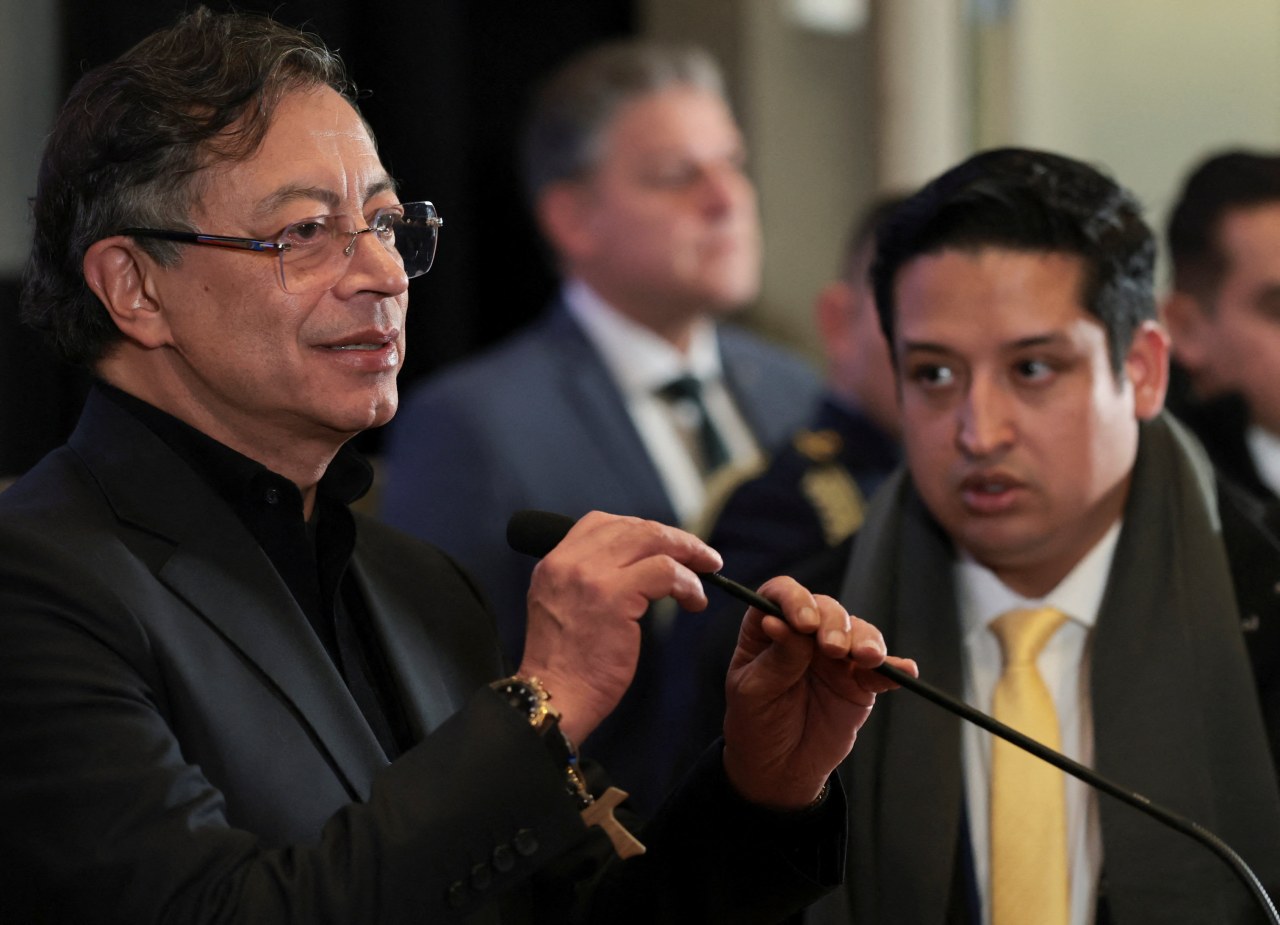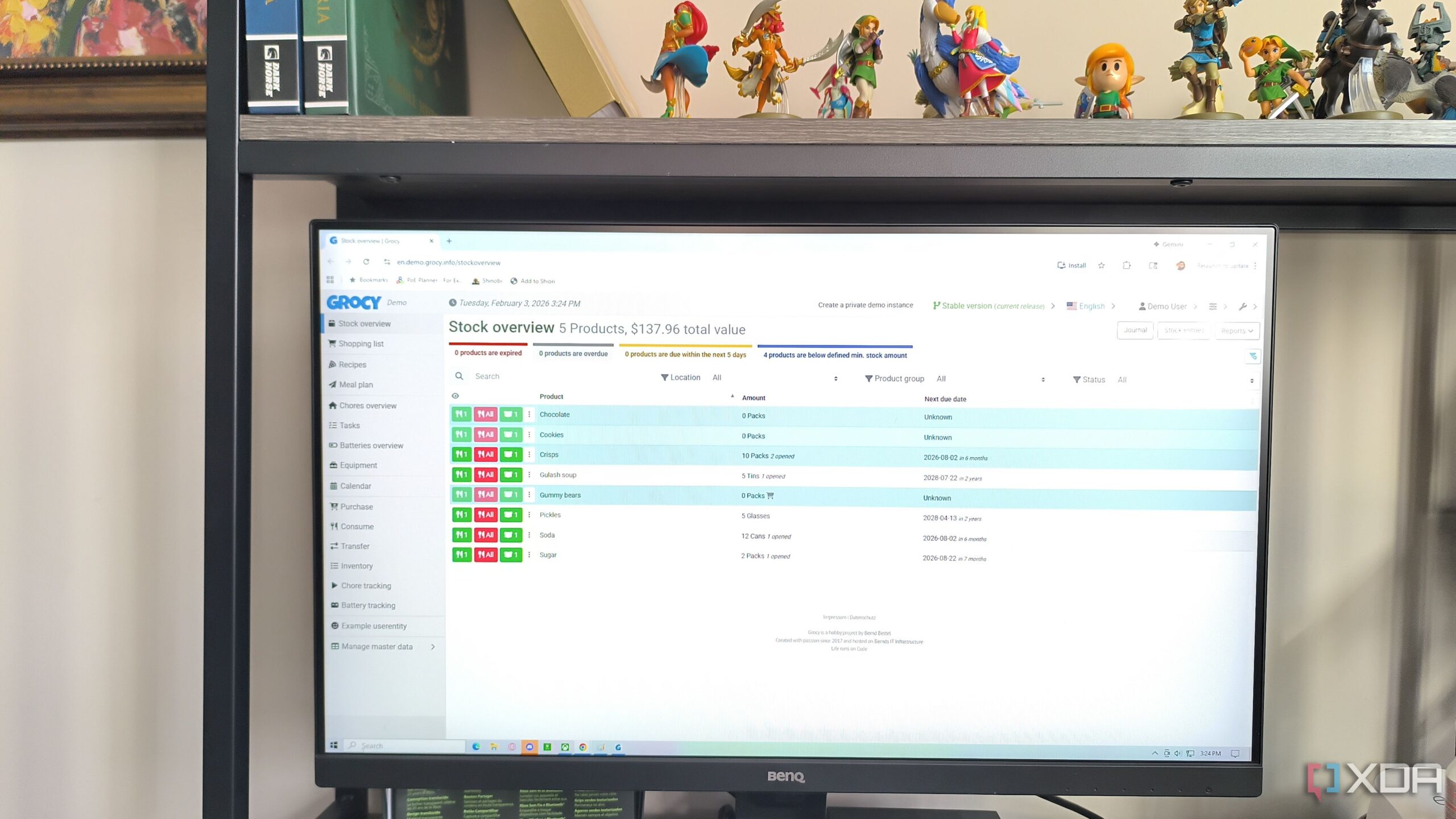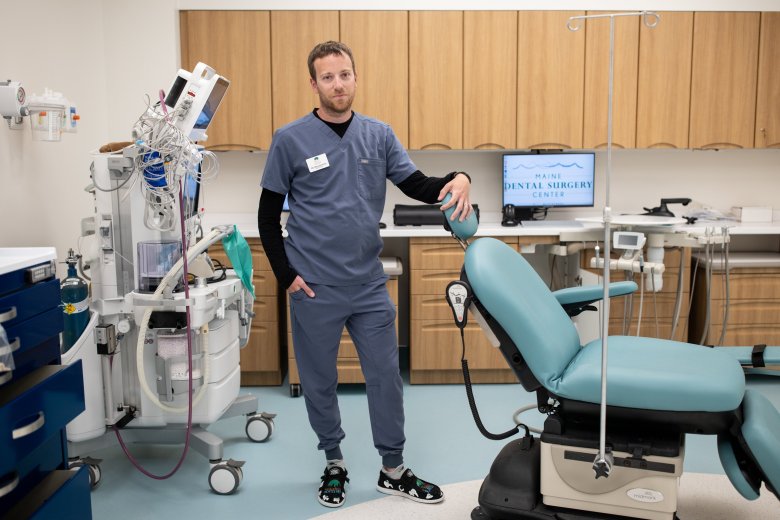
Military families like that of Josh Meltz are facing a challenging transition as the Pentagon considers significant cuts to moving budgets. The Meltzes, who recently relocated from Fort Huachuca in Arizona to Fort Hood in Texas, are among the many military families expressing concern over proposed budget reductions that could halve Permanent Change of Station (PCS) funds by 2030.
On a recent evening, the Meltz family arrived at a Texas RV park, their motor home filled with their five children and belongings from a rushed move. “It was dark, and it was kind of on the edge of town,” said Rubi Meltz about their arrival. “They had cattle fencing, and I just watched the RV pull the cattle fence right along with it.” Despite the chaotic start to their new adventure, Rubi, who has been an Army wife for 15 years, relishes the transient lifestyle. “I’m very much so a free spirit,” she remarked.
As the Pentagon initiated plans to reduce PCS budgets, a significant backlash has emerged within military circles. The directive, issued in May, called for military service branches to devise strategies by this month to decrease PCS expenses. While some may find it surprising that military families would oppose fewer relocations, many view these moves as essential for personal and professional growth.
The average military family moves every 2.5 years, a process that brings both challenges and opportunities. However, the Pentagon has faced criticism following the cancellation of a contract with a moving company due to scheduling issues and service failures. Defense Secretary Pete Hegseth promised improvements and increased reimbursement rates for families managing their own moves to 130% of the original costs.
Approximately 400,000 service members engage in PCS moves each year, often accompanied by family members. Popular media often portrays military families as sad about leaving, but for many, like the Meltzes, each move is an opportunity for new experiences. Rubi expressed enthusiasm for discovering new locations, recounting adventures to attractions such as SeaWorld and mountain climbing in Arizona.
The modern PCS system has roots dating back to World War II, when Congress passed the Dependents Allowance Act in 1942. This legislation established official support for military families during relocations. Over time, additional measures such as the Dependents Medical Care Act in 1956 further integrated families into the military system.
Relocations serve various purposes, including meeting personnel needs across 80 countries, facilitating skill development, and addressing health-related requirements. The Department of Defense (DOD) recognizes the financial burden of PCS moves, estimating the annual cost at $5 billion. A 2015 Government Accountability Office report revealed that the average cost of a PCS move had increased by 28% over 13 years, with military families facing around $5,000 in out-of-pocket expenses, even after reimbursements.
The emotional and psychological toll of frequent relocations cannot be overlooked. First Lt. Jonathan Shour, a Navy chaplain, experienced significant challenges during his family’s transition. His ongoing legal battle related to the mandated Covid-19 vaccine created instability, leaving his family in limbo for an extended period. “Our family has suffered, especially at the most recent two commands,” said his wife, Rebecca Shour. For her, the PCS process represents an escape from difficult circumstances and a chance for renewal.
While some military spouses may find comfort in stability, others embrace the PCS process as a chance for reinvention. Sarah Speckhart, an Army wife and public health educator, views each move as an opportunity for personal and professional growth. “I really like experiencing different parts of the country,” she shared, highlighting her family’s transitions across various states and the benefits of adaptability.
In contrast, Julia Priftis, a Navy wife and developmental psychologist, emphasizes the advantages of fostering resilience in children through regular moves. “Military kids are provided a life of travel, excitement, and new environments,” she noted. She fears that any reduction in PCS opportunities could limit children’s ability to thrive in diverse settings.
As military families navigate the complexities of relocations, the Meltz family remains hopeful for their next move. Their son, Elijah Meltz, voiced a desire for change, stating, “I don’t want to be stuck here another two years.” His perspective captures the sentiment of many military families who thrive on the excitement of new adventures.
In a world where the nature of military life is constantly evolving, some families like the Meltzes argue for the importance of having choices in their PCS journey. As eight-year-old Aurora Meltz put it succinctly, “I think the families should get to choose.”
The ongoing dialogue surrounding PCS policies reflects deeper themes of community, resilience, and the unique challenges faced by military families. As the Pentagon considers budgetary adjustments, the voices of those directly affected will continue to shape the future of military mobility.







